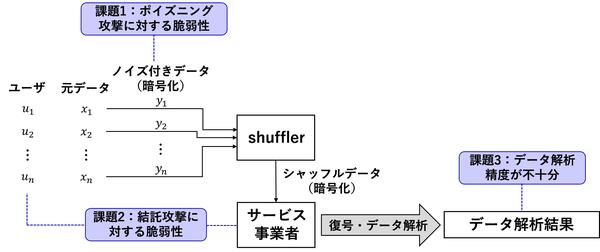2024-11-29 スイス連邦工科大学ローザンヌ校(EPFL)
<関連情報>
- https://actu.epfl.ch/news/could-chatgpt-get-an-engineering-degree/
- https://www.pnas.org/doi/full/10.1073/pnas.2414955121
ChatGPTは工学の学位を取得できるか?AIアシスタントに対する高等教育の脆弱性を評価する Could ChatGPT get an engineering degree? Evaluating higher education vulnerability to AI assistants
Beatriz Borges, Negar Foroutan, Deniz Bayazit, +22, and EPFL Data Consortium
Proceedings of the National Academy of Sciences Published:November 26, 2024
DOI:https://doi.org/10.1073/pnas.2414955121

Significance
Universities primarily evaluate student learning through various course assessments. Our study demonstrates that AI assistants, such as ChatGPT, can answer at least 65.8% of examination questions correctly across 50 diverse courses in the technical and natural sciences. Our analysis demonstrates that these capabilities render many degree programs (and their teaching objectives) vulnerable to potential misuse of these systems. These findings call for attention to assessment design to mitigate the possibility that AI assistants could divert students from acquiring the knowledge and critical thinking skills that university programs are meant to instill.
Abstract
AI assistants, such as ChatGPT, are being increasingly used by students in higher education institutions. While these tools provide opportunities for improved teaching and education, they also pose significant challenges for assessment and learning outcomes. We conceptualize these challenges through the lens of vulnerability, the potential for university assessments and learning outcomes to be impacted by student use of generative AI. We investigate the potential scale of this vulnerability by measuring the degree to which AI assistants can complete assessment questions in standard university-level Science, Technology, Engineering, and Mathematics (STEM) courses. Specifically, we compile a dataset of textual assessment questions from 50 courses at the École polytechnique fédérale de Lausanne (EPFL) and evaluate whether two AI assistants, GPT-3.5 and GPT-4 can adequately answer these questions. We use eight prompting strategies to produce responses and find that GPT-4 answers an average of 65.8% of questions correctly, and can even produce the correct answer across at least one prompting strategy for 85.1% of questions. When grouping courses in our dataset by degree program, these systems already pass the nonproject assessments of large numbers of core courses in various degree programs, posing risks to higher education accreditation that will be amplified as these models improve. Our results call for revising program-level assessment design in higher education in light of advances in generative AI.



